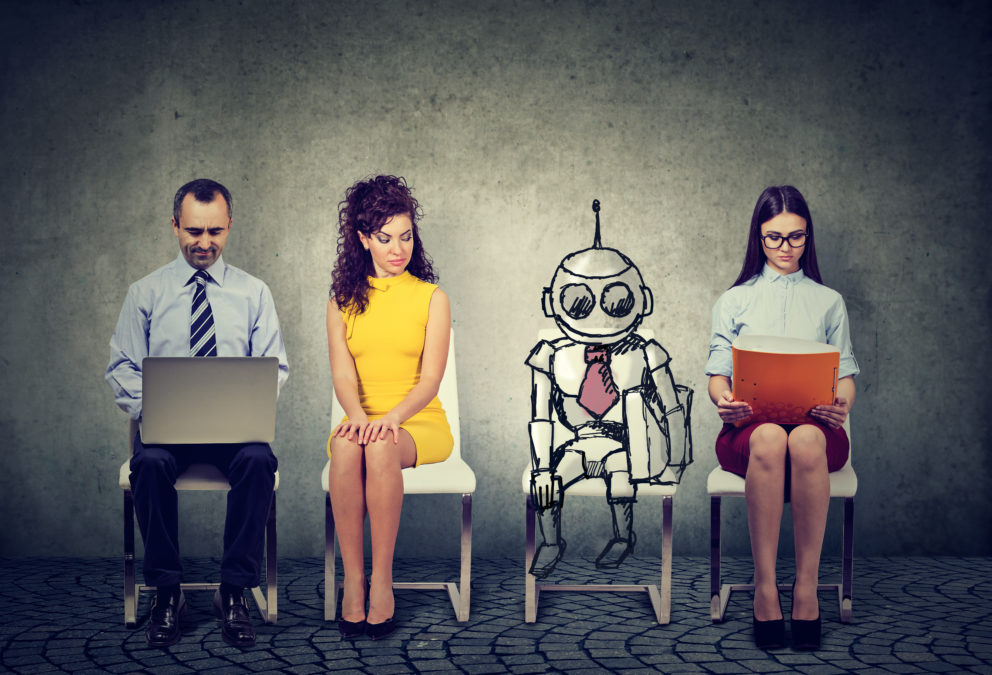Rather than allowing employee concerns to continue to mount, CTOs should work alongside their counterparts across the wider c-suite to start laying the groundwork for every single human employee to play a more strategic/decision-making role as part of an AI-augmented workforce. When CTOs hear fears of AI replacing jobs over the next few years, their message should be that people are stepping away from the factory floor and into the foreman’s office.
The AI roadmap: Ensuring adoption drives the desired business outcomes
When people discuss AI, opinions are usually polarised into one of the two extreme schools of thought – those who believe that AI will make our lives better, and those who are convinced it will accelerate human irrelevance, leading to the loss of jobs. It is important to understand that adopting AI isn’t about replacing people, it’s about augmenting human capabilities.
It makes them more strategic
AI technologies enable business transformation by doing the unglamorous work that humans are not so good at — for example, processing huge amounts of data quickly, efficiently and accurately. The relationship between humans and AI is mutually empowering.
Though industry analyst McKinsey suggests that around 30% of global working hours could be automated by 2030, AI’s part in this will be to assist current workers, who will no longer be required to undertake the more repetitive aspects of their jobs. These employees, meanwhile, will focus on work that is more strategic, or which requires a more analytical approach. This will also require some reskilling of the existing workforce at a certain level.
This new way of working has started to re-shape the jobs market. In fact, developing and deploying new technologies like AI is expected to generate millions of jobs globally. Going forward, this means millions of people will either switch occupation or learn new skills to support the use of AI.
Ensure AI is a success: Overcoming the looming AI skills shortage
There’s a scarcity of the technical talent that’s needed to make AI work – who should be responsible for overcoming this? Is the onus on enterprises to reskill staff to take their place in the augmented workforce, should people take it upon themselves to use (Massive Open Online Courses) MOOCs to keep pace with changing demands from employers to land their next big role, or are governments and universities in a position to inject AI-related skills into the new generation?
When enterprises experiment with AI, many of them are realising they do not have the appropriate skills in-house to successfully implement it. New training and skills will be needed for workforces in order to adapt jobs to the new opportunities that AI presents, thereby requiring new educators. AI technologies will require developing and maintaining new advanced systems, which will call for individuals with knowledge and experience in these new fields.
A guide to artificial intelligence in enterprise: Is it right for your business?
There is currently no consensus over who will take responsibility for ensuring that the current and future workforce is appropriately skilled. Enterprises, governments, academic institutions and individuals could all be deemed responsible for managing this re-skilling.
To fill the current and future demand for AI, enterprises should create the opportunities for their current employees to upskill, allowing them to enter the new classification of workers who will oversee and manage the implementation and use of AI, with human and machine interaction. It is only with all these different groups taking responsibility that the workforce will be able to effectively develop the necessary AI skills that can drive enterprises to the next level.
This space is continuously being disrupted and leading to the reshaping of jobs. Above all, AI is a transformational force that needs channelling to ensure it benefits the larger organisation and societal cause. We should all overwhelmingly adopt and participate to make best of it.











